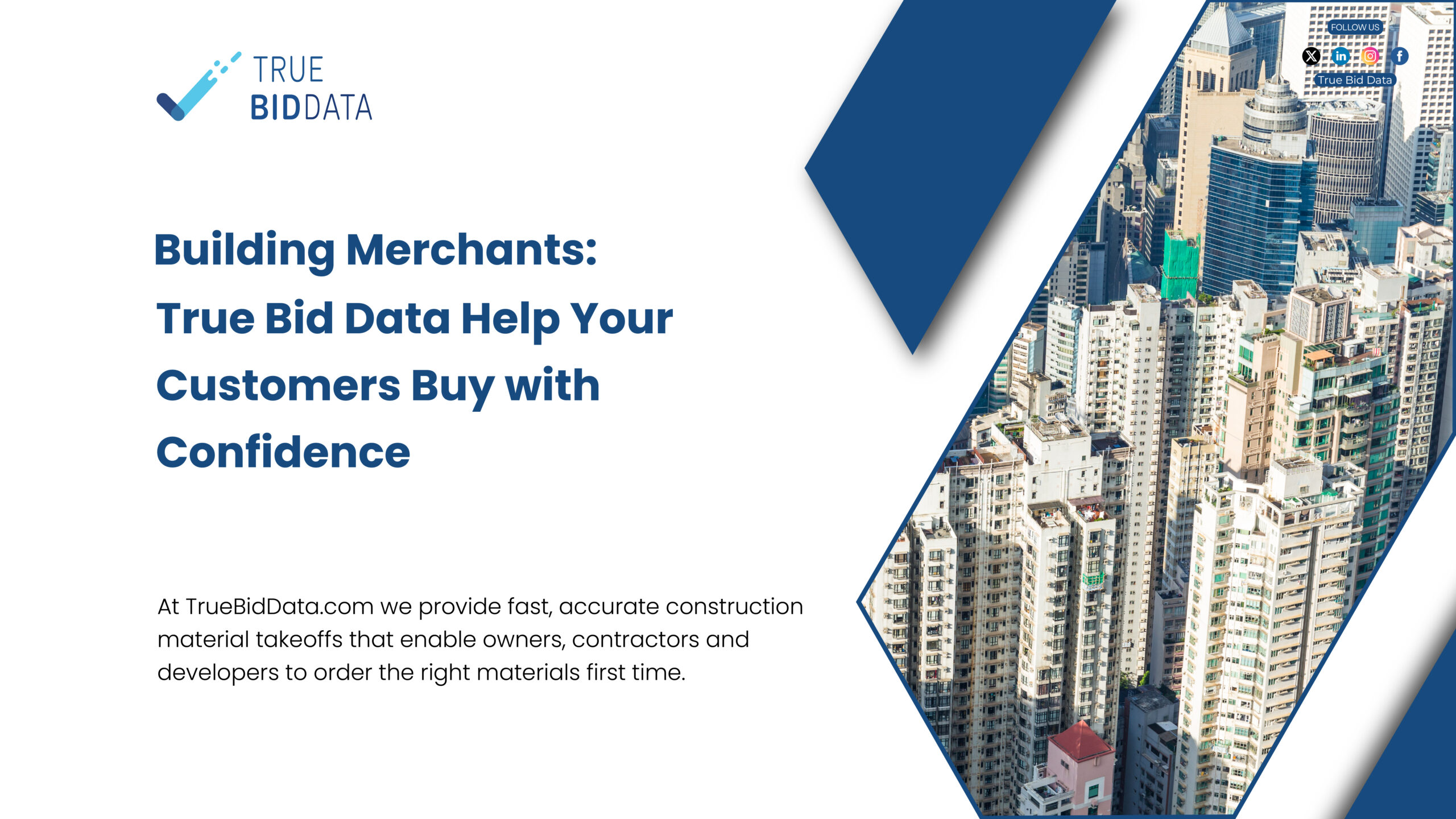
In New York City’s construction and supply ecosystem, the movement of materials is a critical component that directly impacts profitability. Freight cost estimation has emerged as an essential practice for contractors, suppliers, and developers seeking to control logistics expenses while maintaining timely project delivery.
At True Bid Data, we view freight cost estimation not as a back-office exercise but as a strategic element of overall cost planning—one that connects supply chains, scheduling, and on-site performance through analytics and predictive modelling.
The Importance of Freight Cost Estimation in NYC
Transporting materials across New York City is unlike anywhere else. Traffic congestion, restricted access zones, and toll regulations make logistics both complex and expensive. A reliable freight cost estimation model ensures that these variables are anticipated early, allowing contractors and suppliers to make informed financial and operational decisions.
Accurate forecasting prevents budget surprises and keeps supply chains flowing smoothly—critical in a city where construction sites operate within narrow time windows and tight delivery schedules.
Key Components of Freight Cost Estimation
Several core elements define the accuracy of freight cost estimation:
- Distance and Routing – The travel distance from supplier warehouses to job sites, combined with NYC-specific restrictions, directly affects costs.
- Weight and Volume – Freight carriers charge based on load characteristics, including both actual and dimensional weight.
- Fuel Costs – Variations in fuel prices can significantly influence freight expenses, especially when delivery schedules extend over multiple months.
- Labour and Handling – Unloading, hoisting, or after-hours deliveries may incur additional labour charges.
- Regulatory Compliance – In NYC, certain materials require special permits or restricted travel times, adding to the total cost.
- Carrier Type and Speed – Choosing between standard ground freight and expedited delivery options impacts final pricing.
By breaking down these variables, freight cost estimation transforms from a guess into a structured financial model.
Data-Driven Freight Cost Estimation
At True Bid Data, we integrate analytics into every stage of freight cost estimation to enhance precision. Our approach combines:
- Real-Time Market Data – Monitoring carrier rates, fuel surcharges, and toll fees across the tri-state area.
- Route Optimization Algorithms – Analyzing NYC traffic and access data to find cost-efficient routes.
- Historical Freight Records – Using completed delivery data to benchmark new estimates.
- Predictive Analysis – Forecasting future logistics costs based on seasonal trends and market inflation.
This data-first approach enables contractors and project managers to anticipate logistics costs with confidence and adjust procurement strategies proactively.
Freight Estimation in Construction Logistics
In the construction sector, freight cost estimation plays a direct role in material procurement and project scheduling. Materials such as steel beams, precast concrete, and mechanical equipment often require special transport arrangements.
Accurate estimation helps determine whether bulk deliveries or phased shipments offer better value. It also allows teams to weigh trade-offs between storage costs and on-site delivery frequency.
For example, a Manhattan renovation project may choose multiple smaller deliveries to avoid storage constraints, while a larger project in the Bronx may benefit from consolidated freight to reduce cumulative costs.
Leveraging Digital Tools for Freight Cost Estimation
Modern estimation tools are revolutionising logistics planning. Advanced software now integrates freight analysis directly into cost estimation workflows, enabling seamless coordination between procurement and project management teams.
Key capabilities include:
- Geolocation Mapping – Real-time route visualisation and congestion tracking.
- Carrier Comparison Tools – Evaluating cost-performance ratios among multiple freight partners.
- Integration with RSMeans and BIM Systems – Linking freight expenses directly to construction material estimates.
- Automated Updates – Adjusting cost models dynamically as fuel or labour prices fluctuate.
By leveraging these technologies, NYC contractors can develop estimates that remain accurate even as conditions evolve.
Freight Cost Estimation and Risk Management
Unforeseen logistics challenges can derail even the best-planned projects. Weather disruptions, traffic delays, and permit issues often lead to cost escalations. Freight cost estimation provides the foresight needed to mitigate these risks by embedding contingency allowances into project budgets.
Analytical estimation models help identify potential bottlenecks—such as limited delivery hours near high-density zones—and propose alternatives before they impact timelines. This proactive approach transforms logistics from a reactive process into a managed system.
The Competitive Edge of Smarter Freight Estimation
In New York City’s fast-paced construction market, the difference between profit and loss often lies in logistical precision. Contractors who implement structured freight cost estimation gain a measurable advantage: they can quote more accurately, coordinate deliveries efficiently, and maintain transparency with clients.
Furthermore, owners and developers benefit from improved financial visibility. With accurate freight forecasting, they can allocate budgets effectively and maintain predictable project cash flows.
The Future of Freight Cost Estimation
The future of freight logistics is digital. AI-driven forecasting, IoT-enabled fleet tracking, and automated cost analysis will redefine how New York City’s construction ecosystem approaches transportation.
Imagine predictive systems that automatically adjust freight estimates based on live fuel prices, weather conditions, or carrier delays. This is where freight cost estimation is heading a seamless integration of data science, automation, and real-world logistics.
At True Bid Data, we’re driving this transformation by empowering construction professionals with tools that bring transparency and intelligence to every stage of estimation.
Freight logistics in New York City are challenging, but with data-driven strategies, they can also become a source of efficiency and control. Accurate freight cost estimation is no longer optional—it’s a strategic necessity for competitive project planning.
By combining analytics, predictive modelling, and local expertise, True Bid Data helps contractors, suppliers, and developers manage transportation costs with precision and confidence. In a city that moves fast, smarter estimation means staying ahead.




